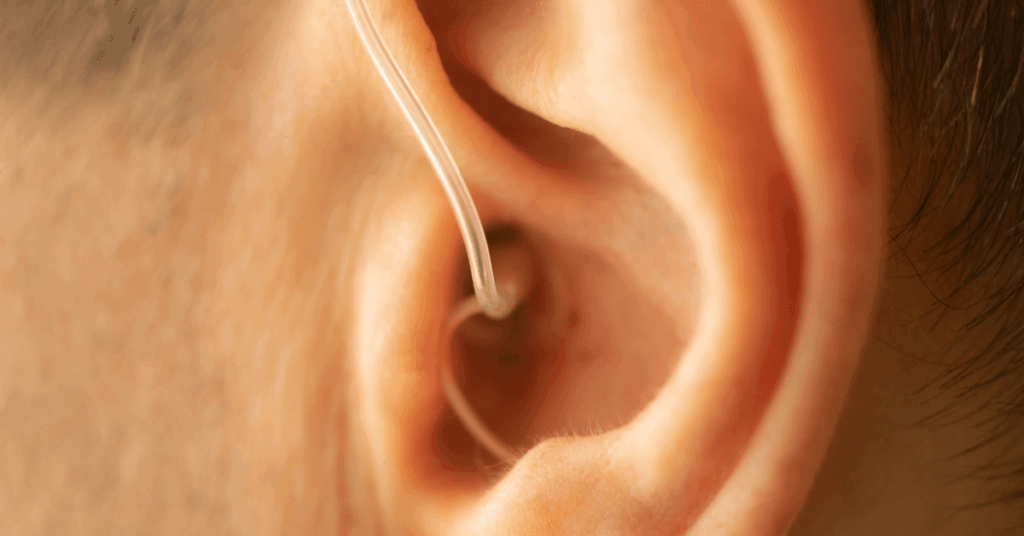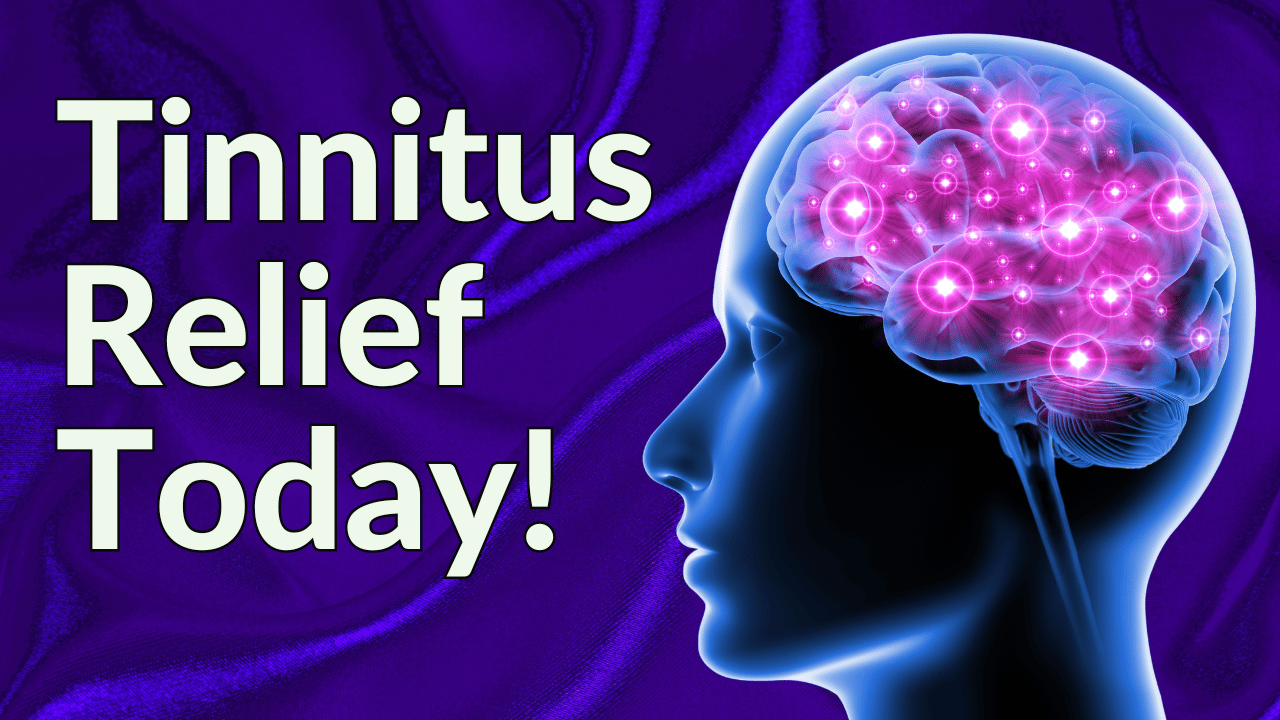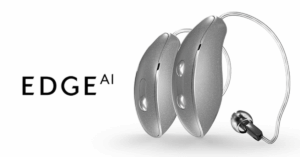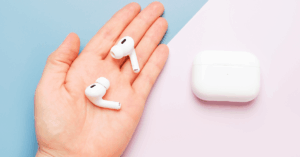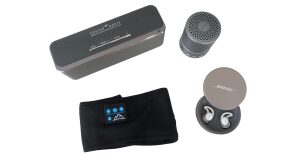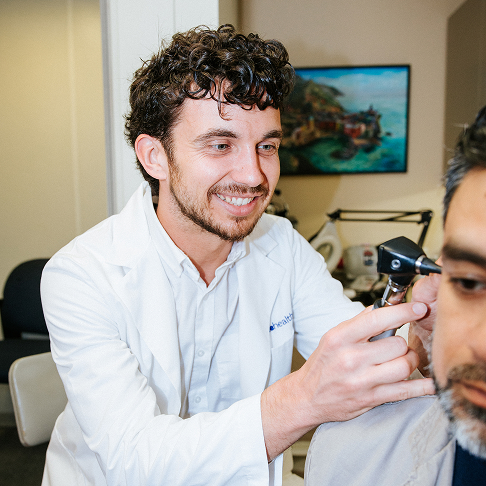If you’re seeking quiet from tinnitus and exploring hearing aids, you’ve likely encountered a whirlwind of information.
Are specific hearing aid brands superior for tinnitus relief?
Is the latest hearing aid technology the ultimate solution for ringing in the ears?
At Treble Health, our extensive experience reveals a crucial insight-
The most effective hearing aid for tinnitus hinges less on the logo and far more on its precise programming and customization to address your unique needs for tinnitus management.
"Treble Health helped me turn down the sound of my tinnitus. Now I can breathe, and get on with my life!"

"Treble Health helped me turn down the sound of my tinnitus. Now I can breathe, and get on with my life!"
– Elisa
Book a free consultation to learn which Treble Health solution is right for you. Join Elisa and thousands more who have found lasting tinnitus relief.
This guide shows the five vital things to check when picking hearing aids for tinnitus relief.
This way, you won’t miss out on the life-changing help the right device can give for your tinnitus symptoms.
1. The Big Link, Hearing Loss and Tinnitus
Over 80% with tinnitus also have some hearing loss, even if they don’t recognize it.
For many people, hearing loss happens gradually over time.
This makes it much harder to notice than a sudden change in hearing.
Many say, It’s a tinnitus issue, not hearing loss.
But often, the brain boosts its own volume to make up for lost sound.
This boost of quiet can start or worsen tinnitus.
Good hearing aids, set up right, can help both tinnitus and hearing loss.
By improving your ability to hear sounds around you, you lower the gap between outside sound and the inner noise of tinnitus.
That’s why hearing aids are a top long-term way to ease tinnitus.

2. Sound Therapy Inside is Key for Tinnitus Management
Here’s a feature many miss: built-in sound therapy.
Many new hearing aids also act as sound therapy tools for tinnitus.
They don’t just make sounds louder; they have calming tones, masking programs, and relaxing sounds to help your brain focus less on tinnitus.
Look for things like white noise for tinnitus, nature sounds, or special tinnitus masking features found in many hearing aids.
Some models, like Widex, even include programs such as Zen Therapy, which use relaxing tones to support tinnitus relief.
Devices without this need Bluetooth for tinnitus relief.
This drains power, gets cut off by alerts, and reminds you that tinnitus is always there.
With built-in therapy, you just put them in and forget.
The therapy runs all day, helping your brain get used to and lowering tinnitus over time.
3. App Control and Bluetooth Streaming Help Your Tinnitus Relief
Customizability is paramount for effective tinnitus relief through hearing aids.
The best hearing aids let you adjust volume, switch sounds, and tweak speech clarity, all from easy app control.
This helps you fit your hearing to the moment for optimal tinnitus management.
Bluetooth also helps, mainly if certain sounds not in the hearing aid help your tinnitus (like music or crickets).
With Bluetooth, you can stream audio when needed, adding to the built-in therapy most of the time for consistent tinnitus relief.
Make sure the hearing aid app is easy to use. A good app makes a big difference daily in managing your tinnitus symptoms.

4. Pick the Right Hearing Aid Style and Fit for Tinnitus Symptoms
Many tinnitus patients with mild hearing loss, especially those with relatively normal hearing in the low-to-mid frequencies, do well with receiver-in-canal (RIC) hearing aids fitted with an open dome.
However, individuals with more significant hearing loss may benefit from closed domes for better amplification.
This makes high-pitched sounds louder but lets normal, low, and mid sounds in.
It feels comfy and balanced and avoids the “plugged” feeling of closed models that can worsen tinnitus perception.
Avoid closed domes or in-ear style hearing aids unless your hearing loss is bad at all pitches.
Closed designs can make tinnitus worse for those with mild or high-pitch loss by blocking too much normal sound.
RIC hearing aids are small, light, and work well for various hearing loss profiles and tinnitus symptoms.
5. Don’t Forget Hearing Aid Battery Life for Consistent Tinnitus Relief
Battery life is key, but often not thought about for tinnitus management.
Tinnitus relief only works when your hearing aids are on. If they die during the day, your relief goes too.
While rechargeable models are convenient for most users, some tinnitus patients prefer disposable battery-powered hearing aids, especially if they need overnight use, so they can easily replace batteries without waiting for a charging cycle.
Most new hearing aids are rechargeable, and batteries keep getting better, preferred by most patients at Treble Health for daily ease in tinnitus management.
Top Hearing Aid Choices for Tinnitus Relief in 2025
Based on our work with patients at Treble Health, here are some top hearing aids for tinnitus relief:
- ReSound Vivia: Strong sound boost and tinnitus sound therapy via the ReSound app.
- Widex SmartRIC: Our top pick for calming tinnitus with Zen Therapy and great high-pitch sound. The new Widex Allure (2025) should add more tinnitus management features.
- Signia Charge&Go AX: Unique and adjustable tinnitus sound therapy in a sleek, rechargeable design.
- Phonak Lyric: Worn 24/7, even while sleeping, for consistent amplification that helps some with tinnitus, especially with hearing loss.
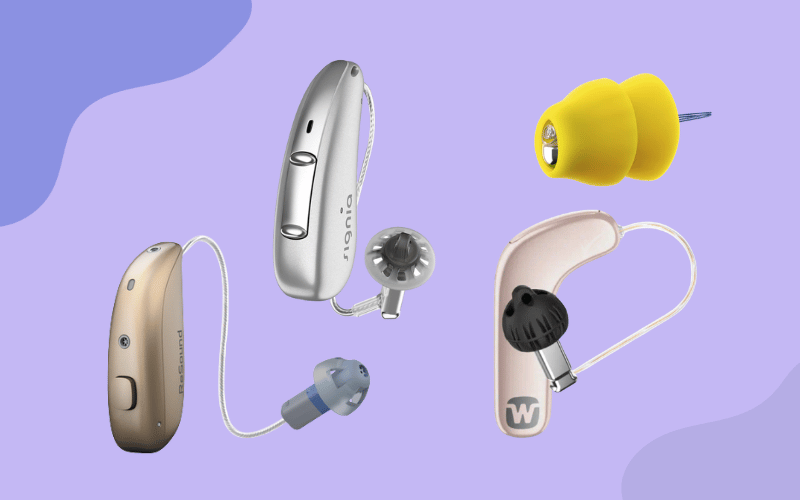
What Makes Treble Health Different in Tinnitus Treatment?
Treble Health focuses on tinnitus care and sets up each hearing aid just for the patient’s hearing and tinnitus.
Our team helps at every step – from picking devices to setting up sound therapy and ongoing tinnitus management.
Our three-part plan includes:
- Helping your brain react less to tinnitus with coaching and CBT methods.
- Custom sound therapy via hearing aids or sound makers to help you get used to the tinnitus.
- Calming your nerves with mindfulness, stress help, and sleep advice for better tinnitus management.
If you want to know if hearing aids can help your tinnitus, book a free consultation with Treble Health today. We’ll go over your options, answer questions, and guide you to a hearing solution that truly works for lasting tinnitus relief. Take the first step to a quieter life.
Next Step: Book Free Consultation
- 75% of patients reduced their tinnitus within three months after following our recommendations.
- "I feel like Treble Health literally gave me my life back." - Randy S. (verified customer)
- Join thousands of people who have reduced their tinnitus after scheduling a free consultation.





